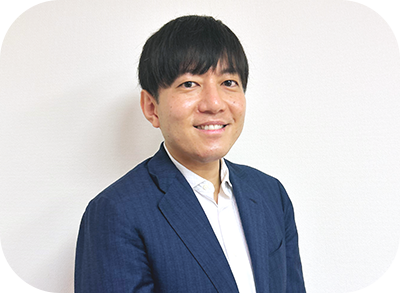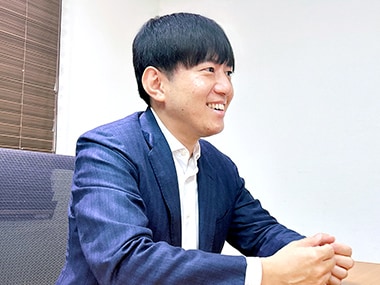We can broadly divide the nutritional issues currently faced by the world into two.
The first issue is the cost of social welfare and security. This is particularly striking in Japan, where various efforts in society have resulted in increased life expectancy. Of course, older adults are not always healthy in later life and, as such, medical fees increase, and the financial burden on the government—and by extension the tax burden on the current working population—likewise grows. If we would like to control these social security costs, one solution is to have nutrition as a solution to enable older adults to stay healthier for longer.
The second issue relates to climate change. Climate change may affect the stability of food supplies, and so increase food prices. This would result in a growing number of people being unable to eat satisfactorily, and foment social unrest. If future communities were unlikely to secure food, then people would inevitably have to depend more on their daily meals. They would have to manage to ensure proper nutrition and health from limited eating opportunities—this is the second issue.
In recent years, food companies have come under increasing pressure to help solve these nutrition issues by themselves. For better or for worse, it is the private sector that has the greatest influence on societal issues, and so there is great interest on how these companies intend to change, particularly from investors—as food companies are in need of demonstrating their greater social responsibility.
The expectation is that Nutrition Profiling Systems, NPSs, which are a way of assessing the nutrition and health level of a food product, can help resolve nutritional issues—indeed, this is why NPSs have attracted so much attention from investors.

